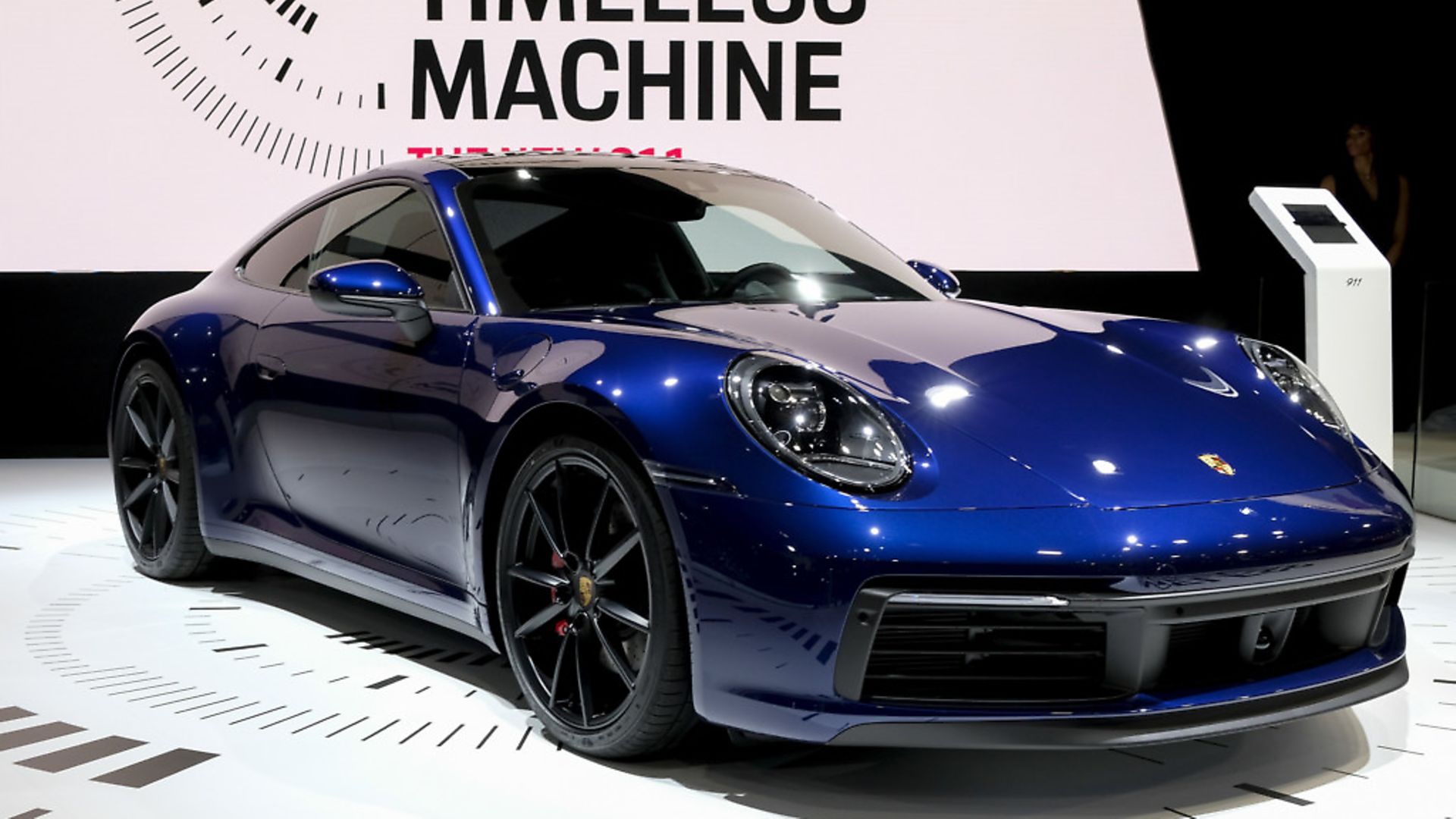
Drivers hoping to buy a new car after March are being warned they may have to pay extra for the privilege post-Brexit.
The German sports car firm Porsche is asking customers to sign a clause in their contracts saying they would be prepared to pay a potential 10% tariff which could arise from an import duties applied to cars post Brexit.
In a statement, the Stuttgart-based car maker said: ‘As one potential outcome of the Brexit negotiations, there is a possibility that a duty of up to 10% may be applied to cars imported into the UK by us after March 29.
‘In light of this, we have chosen to inform customers whose cars are likely to arrive after Brexit occurs to warn them that they may be affected by this tariff – allowing them to be fully informed at the point of sale and, if they wish, to adjust their order accordingly.
‘This is a precautionary step in the interests of allowing our customers to plan ahead, should this situation arise.
‘Customers who have placed deposits on or before January 17 this year will not be affected by this change.’
A 10% price increase would see an entry-level example of the Porsche 911 rise to £102,421 from £93,110.
Porsche is part of the Volkswagen group, which also includes Seat and Audi.
The company did not respond when asked if it is making similar preparations for the other car brands.
Autorcar magazine also claimed that Swedish car manufacturer Volvo was intending to follow suit in the event of a no-deal Brexit, but the firm strongly denied this.
The Society of Motor Manufacturers and Traders would not be drawn on the issue, saying it did not comment on the actions of individual manufacturers.
AA president Edmund King said: ‘Import tariffs alone could push up the list price of cars imported to the UK from the continent by an average of £1,500 if brands and their retail networks were unable to absorb these additional costs.’
Brexit supporters have dismissed fears over tariffs on imported cars, arguing that powerful German manufacturers would oppose such an obstacle to one of their biggest markets.
But a string of bosses at British car makers have expressed fears about the risk of tariffs, which they say could disrupt production and exports.
Best for Britain supporter Jo Stevens MP said Brexit had left the car industry is in crisis.
She said the price hikes ‘come hot on the heels of significant job losses in Wales at the Ford plant, and in places like Birmingham and Sunderland where Jaguar Land Rover and Nissan have warned about the implications of Brexit for jobs.
‘The government’s strategy for the automotive industry, like their strategy for Brexit, is a complete car crash.’








